Thinking about Death Leads People to Support Killing Animals
A new study shows that any small reminder – even quite unconscious – of our inevitable mortality causes us to be more supportive of the killing of nonhuman animals
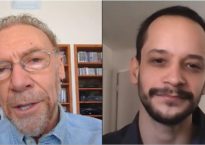
A new study shows that any small reminder – even quite unconscious – of our inevitable mortality causes us to be more supportive of the killing of nonhuman animals
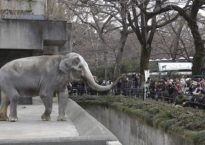
“When one person is in a cage and someone else is outside the cage, walking up and down and looking at that person, what do you think that suggests about our power relations?”

What does a piece of Ancient Greek tragedy have to do with our screwed-up relationship to our fellow animals? Quite a lot, in fact!
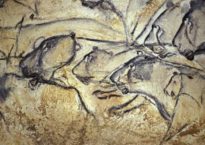
30,000 years ago, deep in a cave in France, artists painted some of the greatest portrayals of animals ever. In this video we look at what they tell us about our relaitonship to our fellow animals
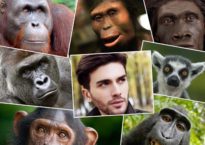
Second in a new series: We humans have a constant sense of anxiety over our mortal, animal nature. And we deal with this by telling ourselves that we’re not really animals – despite all the evidence to the contrary.
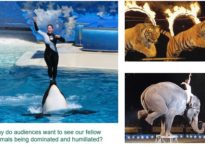
In this first video of a new series, we look at our deep need as humans to insist that we’re not animals – despite all the evidence to the contrary.

What does the rise of Donald Trump have to do with the need to believe that “I am not an animal!”? Quite a lot, as it turns out.
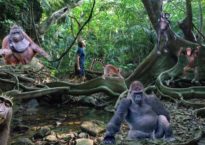
It’s the big question – perhaps the only one that truly matters right now: “Why is it that, despite the continuing work of animal protection, conservation and ecological groups, the situation for most of our fellow animals continues to go from bad to worse?”
By Michael Mountain I’d been working in the field of animal protection for more than 30 years. In a few small areas, like finding homes for…
Carl Safina Carl Safina’s writing about the living world has won him a MacArthur “genius” prize; Pew, and Guggenheim Fellowships; book awards from Lannan, Orion, and…
Each session lasts an hour and half, divided into three parts: * a half-hour presentation by the speaker; * a half-hour Q&A conducted by an invited…
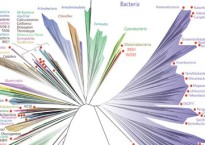
The Tree of Life, a diagram that shows branches of life on Earth, has just changed radically. The dominant life form on Planet Earth is actually bacteria.
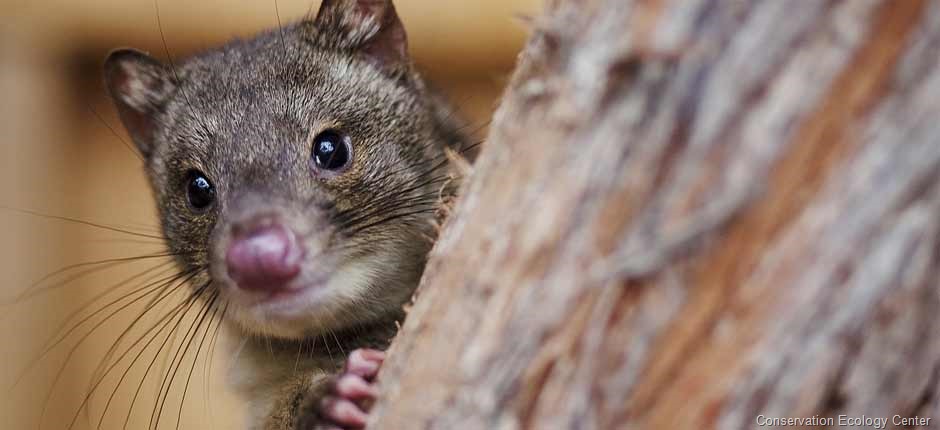
Everybody loves a hero. And we all would like to be heroes. Heroism is something we humans strive for. Other kinds of animals behave heroically, too,…
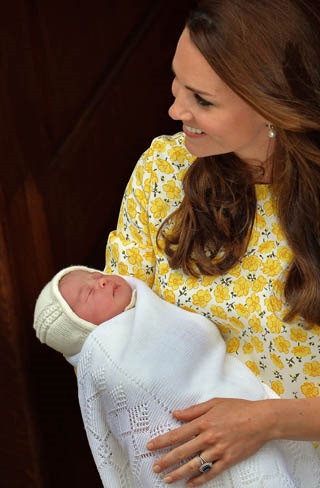
Last week, when zoo officials in Japan named a baby monkey Charlotte in honor of the newborn British princess, they set off a storm of protest.…

Part Six in the series “I Am Not an Animal.” In previous posts, we looked at how our anxiety over our mortal, animal nature drives us to distance ourselves, psychologically and literally, from our fellow animals; at how ancient mythologies told of a “fall” from a time when we were in harmony with the other animals; and at how our belief in “human exceptionalism” has led us to treat them.
Now we ask: Where do we go from here, and is there any way out of our situation?
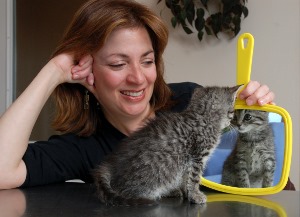
 (Fifth in a series about how and why our relationship to our fellow animals has deteriorated to the point of an unfolding mass extinction.)
(Fifth in a series about how and why our relationship to our fellow animals has deteriorated to the point of an unfolding mass extinction.)
By Dr. Lori Marino
However much we like to think of ourselves as different from and superior to the other animals, we can’t escape the fact that we are, just like them, mortal, physical creatures, equally subject to the laws of nature.
The existential terror that’s caused by this ever-present knowledge has been studied at length by psychologists in the field of Terror Management Theory (TMT).
In the first part of our interview with Stephen Cave, he talked about how, once we decide that we are fundamentally different in kind from the…
In previous posts we’ve talked about how our relationship to our fellow animals and the way we treat them is driven by our anxiety over the fact that we’re animals, too, and our denial of our own animal nature.
In his book Immortality: The Quest to Live Forever and How it Drives Civilization, Stephen Cave discusses the chief ways in which we persuade ourselves that we’re not really animals, that we can avoid death altogether, or at least that some part of us will live on in some way after we’re dead. Here’s the trailer to the book:
In the first of two posts, Cave explains how, once we decide that we are fundamentally different in kind from other animals, we can then view them as having a lower moral status. And that, in turn, opens up "a whole world of possibilities for how we treat them."
Starting around 9,000 years ago, the agricultural era brought about the large-scale domestication of animals and a fundamental shift in our relationship to them. Less and less beings of great mystery and power, they were becoming, instead, commodities.
(Fourth in a series about how and why our relationship to our fellow animals has deteriorated to the point of an unfolding mass extinction.)
How and when did we humans decide we didn’t want to think of ourselves as animals any longer? How did we go from thinking of the other animals as essentially our equals to treating them as commodities that exist to be mined from the oceans by huge factory ships and manufactured from birth to death on factory farms?
It’s obviously a long and complex story, but we can get an idea of how it took place over thousands of years in various parts of the world.
(Third in a series about how and why our relationship to our fellow animals has deteriorated to the point of an unfolding mass extinction.)